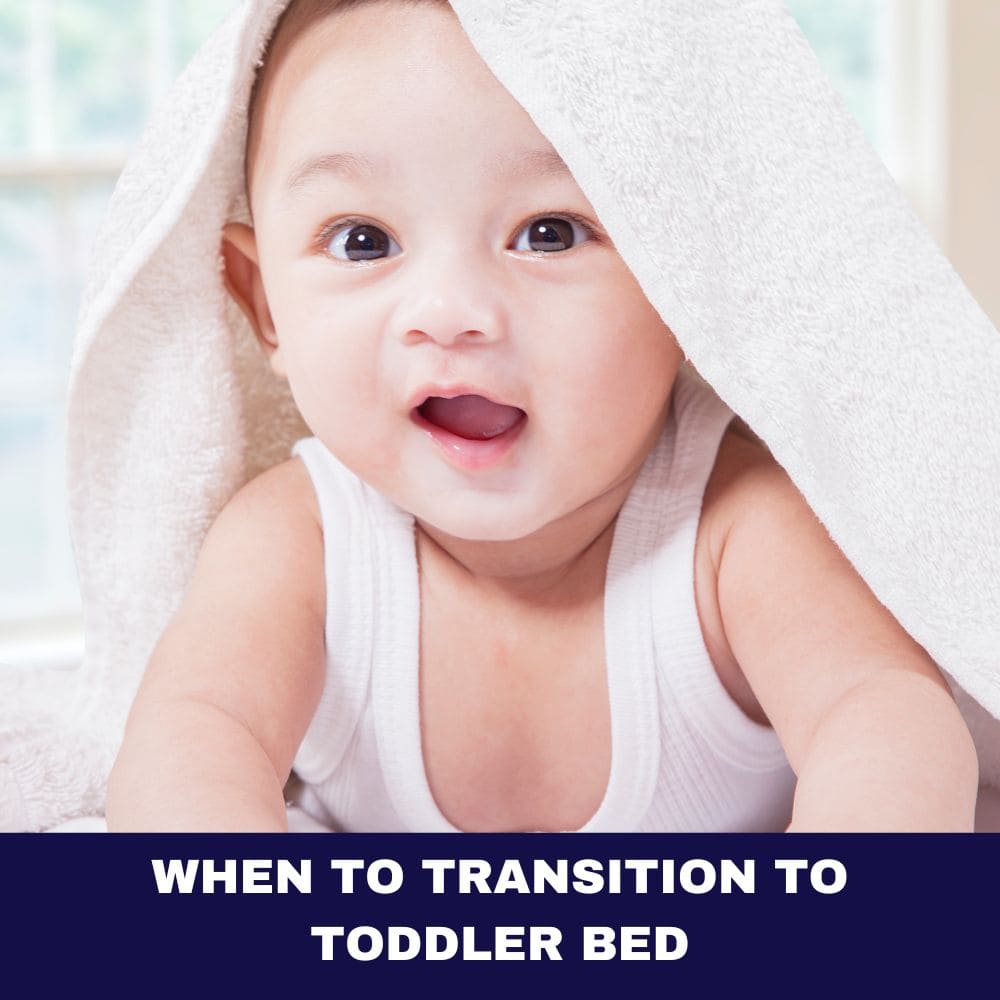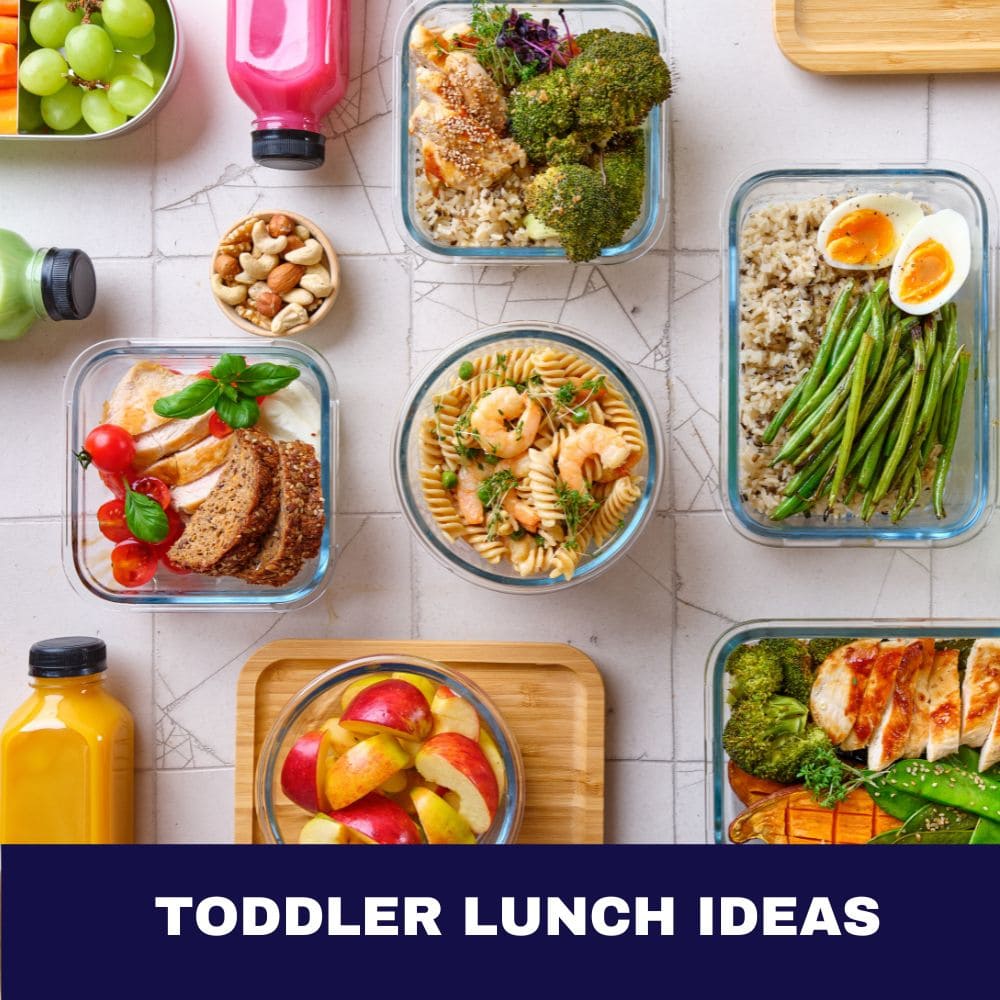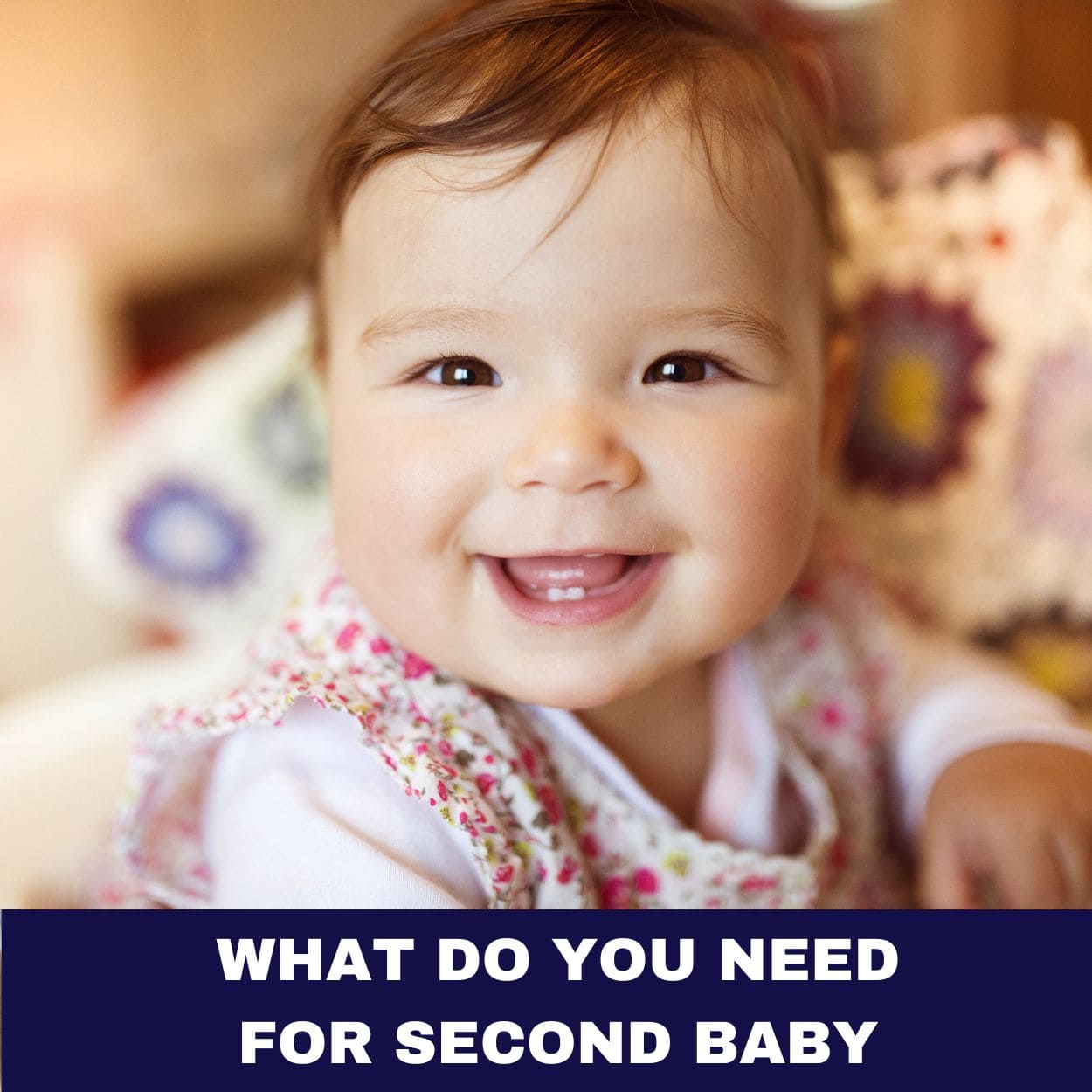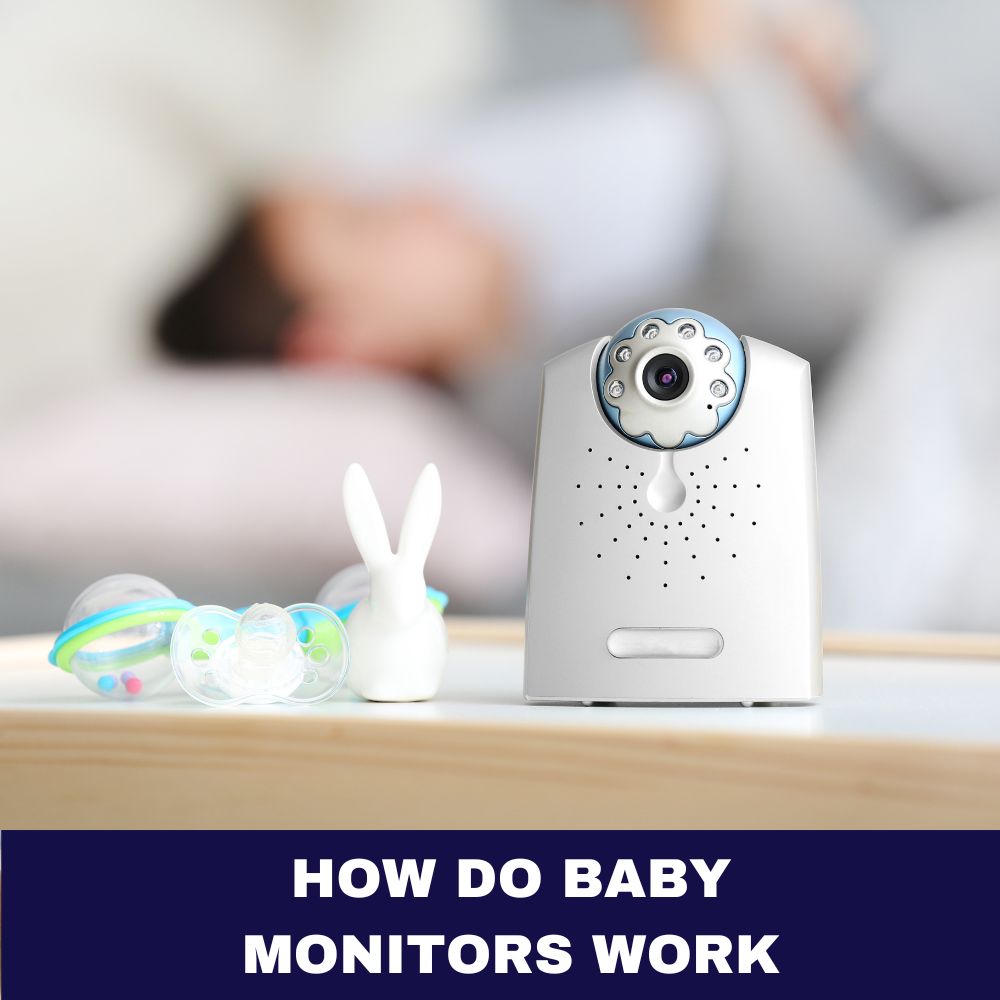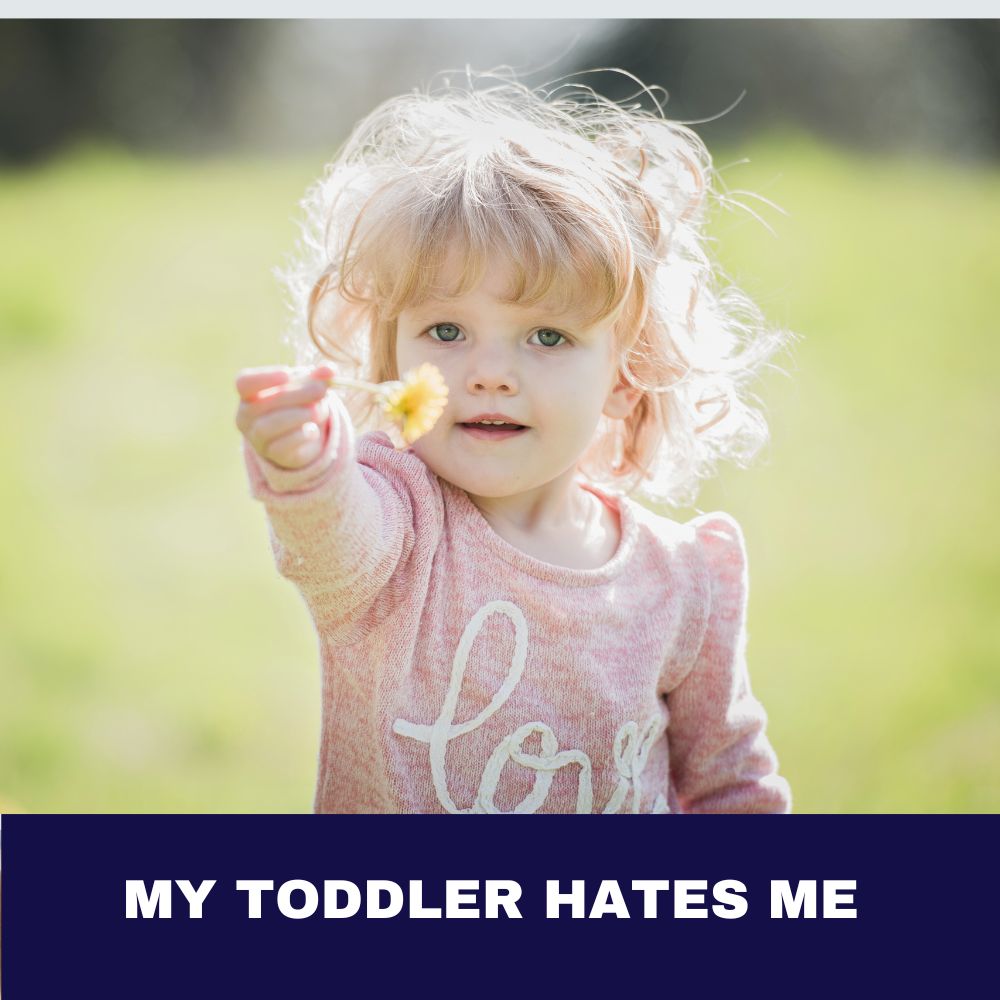It happens more often than you’d think – that feeling of disconnect, like you and your brand new baby just aren’t clicking the way you expected. As a parent, it can be devastating to realize the bond you envisioned isn’t quite materializing. But the truth is, bonding is a journey, not an overnight destination. Even the most attentive, loving caregivers can sometimes struggle to forge that initial connection.
If you find yourself feeling distant from your little one, or like you just can’t quite get on the same wavelength, don’t be too hard on yourself. There are all sorts of unexpected factors that can interfere with the bonding process. From postpartum mental health challenges to simple adjustments in your baby’s temperament, the reasons behind a weak bond are often complex and multifaceted.
The good news is, with patience, self-compassion, and the right strategies, you can absolutely strengthen that precious parent-child connection. But first, it’s important to recognize the signs that something might not be clicking the way you’d hoped. Here are 10 unexpected clues that you and your baby may not be bonding as strongly as you’d like.

What is Bonding with Your Baby?
Before we dive into the signs, let’s quickly define what we mean by “bonding.” Parent-child bonding refers to the unique emotional attachment that develops between a caregiver and their infant. It’s a two-way street – your baby forms a bond with you, and you form one with them.
This connection has deep biological roots. From the moment your baby is born, their brain is wired to seek out comfort, safety, and attunement from you. Meanwhile, your brain is flooded with hormones like oxytocin that drive you to nurture, soothe, and emotionally connect with your little one.
When this bonding process is going well, it lays the groundwork for your child’s healthy social, emotional, and cognitive development. Babies who experience a strong bond with their parents tend to have better self-regulation, higher empathy, and more secure attachments later in life.
But bonding doesn’t always come easily, and there are many factors – from your own mental health to your baby’s temperament – that can influence how quickly and deeply that connection forms. Don’t worry, we’ll cover those in more detail shortly. For now, let’s look at the top 10 signs that bonding may be a struggle.
10 Signs You’re Not Bonding with Your Baby
1. Lack of Eye Contact
Making eye contact with your baby is one of the most powerful ways to build that initial bond. Newborns are hardwired to gaze into their caregiver’s eyes, and that mutual gaze triggers a cascade of feel-good hormones in both of you. So if you notice your baby consistently avoiding or refusing eye contact, it could be a red flag.
Of course, some babies are simply more independent or introverted by nature and may take a little longer to warm up to sustained eye contact. But if you’re finding that your little one actively turns away or seems distressed when you try to make eye contact, that’s a sign you may need to work on strengthening that connection.
2. Avoiding Physical Touch
Much like eye contact, physical touch and cuddling are crucial for facilitating bonding between parent and child. Skin-to-skin contact, gentle rocking, and other forms of physical affection trigger the release of oxytocin, the so-called “love hormone” that fosters feelings of trust, safety, and attachment.
So if you find yourself or your baby consistently avoiding or shying away from physical closeness, it could mean your bonding process is stalling. Maybe your baby fusses or arches away when you try to hold them, or perhaps you yourself feel uncomfortable initiating that level of touch. Either way, it’s a potential red flag.
3. Feelings of Overwhelm or Resentment
Bonding with a newborn can be an emotional rollercoaster, to say the least. In those early weeks and months, it’s completely normal to feel a range of complex feelings – from overwhelming joy to sheer exhaustion, from awe to frustration.
But if you find that those negative emotions like resentment, anxiety, or disconnection are consistently overshadowing the positive ones, it may be a sign that your bonding journey is off track. Unresolved feelings of this nature can create a real barrier to the closeness you crave with your baby.
It’s okay to feel this way – it doesn’t make you a bad parent. But being honest with yourself and seeking support is crucial. Addressing those challenging emotions head-on will make it much easier to focus on fostering that bond.
4. Disinterest in Your Baby’s Cues
For babies, communication is all about cues – those subtle (and sometimes not-so-subtle) signals they send to let us know what they need. Things like facial expressions, body language, vocalizations, and crying all convey important information about their current state.
When you and your baby are bonding well, you develop an almost intuitive knack for reading and responding to those cues. But if you find yourself frequently missing, misinterpreting, or simply not caring about your little one’s signals, it may be a concerning sign.
Babies whose needs go unmet or whose caregivers seem disengaged can start to withdraw and stop sending clear cues altogether. So staying attuned and responsive to your baby’s communication is a crucial part of building that bond.
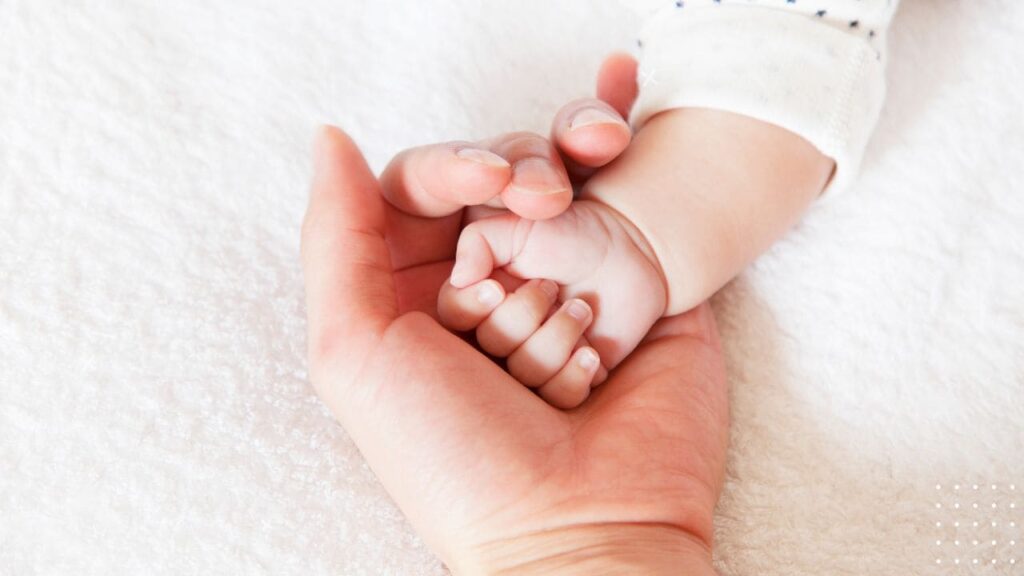
5. Difficulty Soothing Your Baby
One of the most rewarding aspects of bonding is learning how to comfort and soothe your little one when they’re upset. As you attune to your baby’s unique needs and preferences, you develop a toolkit of techniques – rocking, shushing, feeding, skin-to-skin contact, and so on – that reliably calm and reassure them.
But if you find yourself consistently struggling to soothe your baby, even when you know all the “right” techniques, it could indicate a disconnect in your bonding process. Babies who don’t feel securely attached to their caregivers often have a harder time being comforted when distressed.
Of course, some babies are just naturally more challenging to soothe than others. But if you feel like you’re constantly guessing or that your efforts to calm your little one are falling flat, it may be worth taking a closer look at the quality of your bond.
6. Lack of Quality Time Together
In our busy, overscheduled lives, it can be all too easy to let quality one-on-one time with our babies fall by the wayside. Between feedings, diaper changes, chores, and work responsibilities, many parents find themselves feeling perpetually distracted and disconnected.
But carving out dedicated, distraction-free time to just be present with your baby is essential for facilitating that precious bond. Whether it’s snuggling during a feeding, going for a calming stroll, or playing on the floor together, those moments of full, focused attention are what allow you to really attune to your little one’s needs and foster that mutual sense of trust and security.
If you find yourself constantly multitasking or feeling like you’re not fully “there” when you’re with your baby, it may signal a need to prioritize that dedicated bonding time.
7. Avoiding Feeding Time
For many babies and parents, feeding time becomes a sacred ritual – a chance to gaze into each other’s eyes, share gentle touches, and feel a deep sense of comfort and connection. But if you find yourself consistently dreading or avoiding those feeding sessions, it could be a red flag.
Whether it’s a nursing struggle, a bottle-feeding aversion, or simply a feeling of discomfort or disconnection, avoiding feedings can seriously hinder the bonding process. After all, those quiet, intimate moments are prime opportunities to foster the closeness you crave.
Of course, some babies do have legitimate feeding challenges that can make those times stressful. But if you notice a persistent pattern of avoidance or disinterest around feeding, it’s worth looking into ways to make those moments more positive and bonding-focused.
8. Minimal Affectionate Gestures
Bonding isn’t just about the big moments – it’s also in the little everyday acts of affection. Things like gentle kisses, playful tickles, soothing caresses, and warm cuddles may seem small, but they’re powerful tools for building that parent-child connection.
So if you find yourself feeling uncomfortable initiating or returning those types of affectionate gestures, it could be a sign that your bond needs some extra nurturing. Maybe the idea of showering your baby with physical affection feels forced or unnatural to you. Or perhaps you simply forget to pause and savor those tender moments amidst the chaos of new parenthood.
Regardless of the reason, making a conscious effort to incorporate a more affectionate touch can go a long way toward strengthening your bond. Start small and be patient with yourself – those gestures will become more natural over time.
9. Postpartum Depression or Anxiety
Becoming a parent is one of life’s most joyful, yet profoundly challenging, transitions. And for many new moms and dads, that adjustment is accompanied by mental health struggles like postpartum depression or anxiety.
These perinatal mood and anxiety disorders (PMADs) can have a major impact on your ability to bond with your baby. When you’re grappling with intense feelings of sadness, worry, guilt, or detachment, it becomes exponentially harder to be fully present and attuned to your little one’s needs.
If you find yourself feeling persistently down, anxious, or disconnected, it’s crucial to reach out for help. Effective treatment, whether it’s therapy, medication, or a combination, can make all the difference in regaining that sense of joyful connection with your child.

10. Preference for Others Over You
One of the most heartbreaking signs that your bond may be suffering is if you notice your baby seeming to connect more readily with other caregivers, like your partner, grandparents, or childcare providers.
Babies are biologically predisposed to form their strongest attachment to their primary caregiver. So if your little one seems to light up around others or consistently seems more comforted by them, it could indicate an issue in your own bonding process.
Of course, this doesn’t mean you’re a bad parent – babies can form secure attachments to multiple caregivers. But if you’re noticing a clear preference for others, it’s worth exploring what might be getting in the way of your own bond.
| Challenge | Potential Solutions |
|---|---|
| Lack of Eye Contact | – Engage in face-to-face interactions during feedings – Use high-contrast toys or mobiles to encourage eye gaze – Speak softly and directly to your baby while maintaining eye contact |
| Avoiding Physical Touch | – Try skin-to-skin “kangaroo care” as much as possible – Gently stroke, massage, or rock your baby – Wear your baby in a supportive carrier |
| Feelings of Overwhelm or Resentment | – Prioritize self-care activities like rest, exercise, and social support – Consider counseling or support groups for new parents – Communicate openly with your partner or loved ones about your feelings |
| Disinterest in Baby’s Cues | – Learn your baby’s unique cues and signals – Respond promptly and consistently to their needs – Observe your baby closely during feedings, diaper changes, and playtime |
Your Baby’s Temperament and Bonding
A baby’s innate temperament can also play a big role in the bonding process. Some infants are simply more independent, less cuddly, or harder to soothe by nature. If your little one tends to be more reserved, fussy, or intense, it may take extra time and effort to forge that close connection.
Preterm or medically fragile babies can also face unique bonding challenges. The stress of a NICU stay, medical procedures, and disrupted physical contact can make it harder for parents to feel that immediate sense of attachment. Be patient with yourself and your baby – the bond will come, but it may develop more gradually.
| Risk Factor | Description |
|---|---|
| Postpartum Depression/Anxiety | Perinatal mental health conditions can significantly impact a parent’s ability to feel emotionally connected to their baby. Symptoms like persistent sadness, anxiety, and detachment can hinder the bonding process. |
| Traumatic Birth Experience | Difficult, traumatic, or emergency deliveries – whether vaginal or cesarean – can leave both parent and baby feeling disoriented and disconnected. Unresolved physical or emotional impacts of the birth can interfere with bonding. |
| Preterm Birth or Medical Complications | Babies born prematurely or with health issues may require extended NICU stays and interrupted physical contact, making it harder for parents to initiate that crucial initial bond. |
| Lack of Support Systems | Feeling isolated or overwhelmed without sufficient practical and emotional support can hamper a parent’s ability to fully engage in bonding activities with their baby. |
| Infant Temperament | Some babies are simply more reserved, intense, or difficult to soothe by nature, which can add an extra challenge to the bonding process for parents. |
The Impact of Delivery Method on Bonding
The way your baby enters the world can also influence the bonding process in unexpected ways. Mothers who undergo cesarean sections, for example, may face a slight delay in that initial surge of oxytocin and skin-to-skin contact that facilitates bonding right after birth.
Even if your C-section was planned and uncomplicated, the physical and emotional recovery can make it harder to jump right into hands-on caregiving. You may need to devote extra time and intention to building that bond in the days and weeks that follow.
On the flip side, traumatic or emergency deliveries – whether vaginal or C-section – can leave both parent and baby feeling disoriented and disconnected. Addressing any lingering physical or emotional impacts of the birth experience can help get your bonding journey back on track.
The Role of Support Systems
Having a strong support system in place can make a big difference when it comes to bonding with your baby. Whether it’s your partner, family members, friends, or a postpartum doula, extra hands and emotional support allow you to focus more energy on connecting with your little one.
If you find yourself feeling isolated or overwhelmed, reaching out for help with things like household chores, meal prep, or childcare can free up precious time and headspace for bonding activities. Don’t be afraid to delegate tasks or ask loved ones to pitch in – your baby will benefit immensely from a calm, present caregiver.
Overcoming Bonding Challenges
If you’re struggling with any of the signs we’ve covered, know that it’s absolutely possible to rebuild and strengthen that vital parent-child bond. The key is to approach it with self-compassion, creativity, and a willingness to be patient with both yourself and your baby.
Start by prioritizing small, intentional moments of connection, whether it’s skin-to-skin cuddling, gentle massage, or simply sitting quietly together. If you’re dealing with postpartum mental health issues, seek professional support to get the care you need. And don’t be afraid to experiment with different bonding activities until you find what works best for you and your little one.
Remember, bonding is a journey, not a destination. There will be good days and bad days, but with time, care, and perseverance, you can absolutely forge the deep, joyful connection you long for. Be kind to yourself, trust the process, and celebrate every little step forward.
Tips for Improving Bonding
If any of those signs feel painfully familiar, please know that you’re not alone. Bonding challenges are incredibly common, and with the right strategies and support, you can absolutely strengthen that precious parent-child connection.
Here are some tips to get you started:
Practice Skin-to-Skin Contact: Whether it’s kangaroo care, baby-wearing, or just cuddling, increase opportunities for direct skin-to-skin contact. This helps regulate your baby’s nervous system and triggers that bonding-boosting oxytocin.
Make Eye Contact During Feedings: Gaze into your baby’s eyes during feedings, when they’re most alert and attentive. This mutual eye contact is a powerful way to facilitate that calming, connected feeling.
Respond Promptly to Your Baby’s Cues: Pay close attention to your little one’s signals, and do your best to respond quickly and sensitively. This teaches them they can trust you to meet their needs.
Seek Support for Postpartum Mental Health: If you’re struggling with perinatal mood/anxiety disorders, reach out to your doctor or a mental health professional. Effective treatment can make a huge difference.
Engage in Bonding Activities: Sing, read, or just talk to your baby. Go for walks together. Play gentle games like peek-a-boo. These interactive moments foster connection.
Be Patient and Gentle with Yourself: Bonding takes time and practice. When you’re feeling discouraged, remind yourself that you and your baby are on a journey – and it’s okay if it doesn’t happen overnight.
| Activity | Benefits |
|---|---|
| Skin-to-Skin Contact | – Regulates baby’s temperature, heart rate, and breathing – Releases oxytocin, the “love hormone,” in both parent and baby – Helps baby feel safe, soothed, and comforted |
| Gentle Massage | – Improves sleep quality and digestion for baby – Promotes relaxation and reduces stress for both parent and baby – Strengthens the physical and emotional connection |
| Reading Aloud | – Exposes baby to language and promotes early literacy skills – Creates a calming, bonding ritual between parent and child – Fosters a love of reading from an early age |
| Singing and Lullabies | – Soothes and calms babies with familiar, repetitive melodies – Promotes emotional regulation and attachment – Allows for gentle, loving interaction between parent and baby |
The parent-child bond is one of the most precious and powerful relationships we can ever experience. With commitment, compassion, and the right support, you can absolutely foster that connection, even if it feels elusive right now. Trust the process, be kind to yourself, and know that the rewards of this journey are endless.
FAQ – Signs You’re Not Bonding with Your Baby
What are the most common signs that I’m not bonding with my baby?
Some of the key signs to watch for include lack of eye contact, avoiding physical touch, feeling overwhelmed or resentful, disinterest in your baby’s cues, difficulty soothing your little one, and a preference for other caregivers over you. These can all indicate that the bonding process is stalling. It’s important to address these issues proactively, as a strong parent-child bond is crucial for your baby’s healthy development.
How can my baby’s temperament impact the bonding process?
A baby’s innate temperament can play a big role in how quickly and easily the bonding process unfolds. Infants who tend to be more reserved, intense, or difficult to soothe may require extra time and effort from parents to forge that close connection. Preterm or medically fragile babies can also face unique bonding challenges due to disrupted physical contact and the stress of medical interventions. The key is to be patient and adapt your bonding approach to your individual baby’s needs.
In what ways can the method of delivery affect bonding?
The way your baby enters the world can impact the bonding process in unexpected ways. Mothers who undergo cesarean sections, for example, may experience a slight delay in that initial surge of bonding hormones and skin-to-skin contact right after birth. Traumatic or emergency deliveries, whether vaginal or C-section, can also leave both parent and baby feeling disoriented and disconnected. Addressing any lingering physical or emotional impacts of the birth experience is important for getting the bonding journey back on track.
Why is having a strong support system so crucial for bonding?
Having a solid support network in place – whether it’s your partner, family members, friends, or a postpartum doula – can make a big difference when it comes to bonding with your baby. Extra hands and emotional support allow you to focus more energy on the intimate, attentive moments that facilitate that crucial parent-child connection. Feeling isolated or overwhelmed without help with chores, meals, or childcare can make it much harder to be a calm, present caregiver.
What are some effective strategies for overcoming bonding challenges?
The key is to approach bonding challenges with self-compassion, creativity, and patience. Start by prioritizing small, intentional moments of connection, like skin-to-skin cuddling, gentle massage, or simply spending quiet time together. If you’re dealing with postpartum mental health issues, seek professional support to get the care you need. Don’t be afraid to experiment with different bonding activities until you find what works best for you and your little one. Remember, bonding is a journey, not a destination – with time and care, you can absolutely forge the deep, joyful connection you long for.


